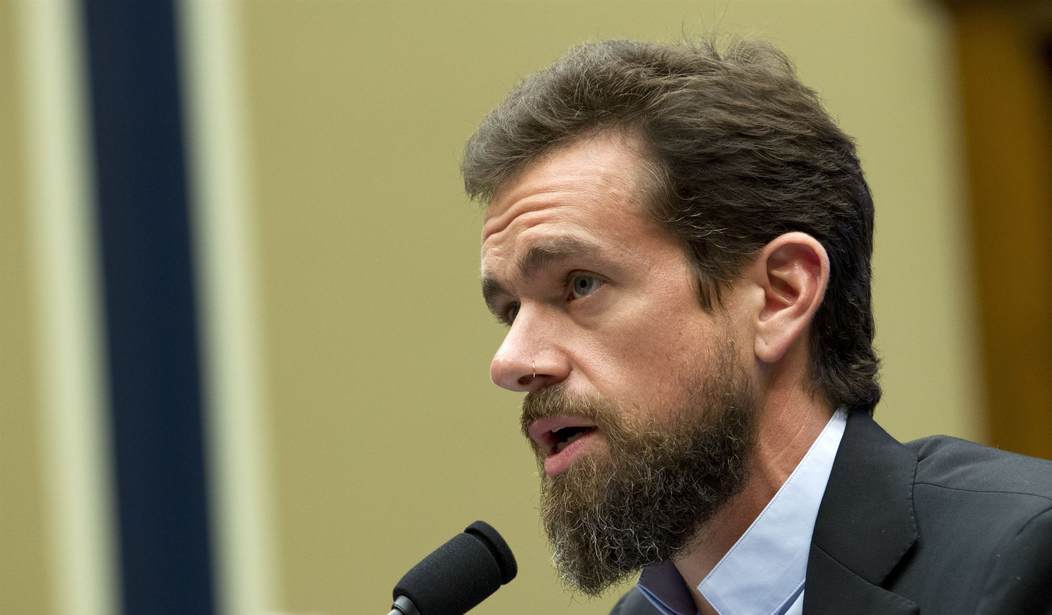When President Donald Trump blocked users on Twitter, some of them sued, claiming the president had violated their First Amendment rights to speak in a public forum. On Monday, the Supreme Court dismissed that lawsuit as moot.
While the Court did not issue an opinion on the case, it stands to reason that Biden v. Knight First Amendment Institute (2021) would be moot because Trump is no longer in office and because Twitter has suspended Trump’s account. Justice Clarence Thomas wrote an important concurring opinion warning that the true threat to free speech did not involve Trump but Twitter.
In 2019, the Second Circuit Court of Appeals held that the comment threads on Trump’s tweets constituted a “public forum,” so Trump violated the First Amendment by blocking plaintiffs from accessing the threads. “But Mr. Trump, it turned out, had only limited control of the account; Twitter has permanently removed the account from the platform,” Thomas noted.
Thomas warned that “applying old doctrines to new digital platforms is rarely straightforward.” While the plaintiffs had a point “that some aspects of Mr. Trump’s account resemble a constitutionally protected public forum,” “it seems rather odd to say that something is a government forum when a private company has unrestricted authority to do away with it.”
Parler Just Flipped Big Tech’s Jan. 6 Conspiracy Theory on Its Head
“The disparity between Twitter’s control and Mr. Trump’s control is stark, to say the least. Mr. Trump blocked several people from interacting with his messages. Twitter barred Mr. Trump not only from interacting with a few users, but removed him from the entire platform, thus barring all Twitter users from interacting with his messages,” Thomas explained. “Under its terms of service, Twitter can remove any person from the platform—including the President of the United States—’at any time for any or no reason.’ Twitter Inc., User Agreement (effective June 18, 2020).”
Thomas noted that government limits a company’s right to exclude people based on two different doctrines: the idea of a “common carrier” like a phone company and the classification of “public accommodations.” He argued that internet companies have many similarities with common carriers. “Much like with a communications utility, [the] concentration [of network effects on social media] gives some digital platforms enormous control over speech.”
“When a user does not already know exactly where to find something on the Internet—and users rarely do— Google is the gatekeeper between that user and the speech of others 90% of the time,” he noted. “It can suppress content by deindexing or downlisting a search result or by steering users away from certain content by manually altering autocomplete results.”
This comparison may give legislatures grounds to regulate Big Tech companies, but Thomas warned that “none of this analysis means… that the First Amendment is irrelevant until a legislature imposes common carrier or public accommodation restrictions.”
The justice then cited an increasingly popular argument on the Right — that Big Tech companies may violate First Amendment protections when they act to stifle speech in response to government inducements or threats.
Thomas cited Manhattan Community Access Corp. v. Halleck (2019), which states that although a “private entity is not ordinarily constrained by the First Amendment,” it is “if the government coerces or induces it to take action the government itself would not be permitted to do, such as censor expression of a lawful viewpoint.”
Colo. Dem Moves to Ban ‘Hate Speech’ and ‘Fake News’ on Social Media
“The government cannot accomplish through threats of adverse government action what the Constitution prohibits it from doing directly,” Thomas explained. “Under this doctrine, plaintiffs might have colorable claims against a digital platform if it took adverse action against them in response to government threats.” So, if Democratic lawmakers threaten to act against Facebook and Twitter if the platforms refuse to remove certain conservative organizations, Facebook and Twitter may violate the First Amendment by removing those groups even though the platforms are not government entities.
Thomas noted that there are no allegations of such action in this case, but his explanation of that issue helped clarify that the First Amendment is not a blank check for Facebook and Twitter to censor speech.
“The Second Circuit feared that then-President Trump cut off speech by using the features that Twitter made available to him. But if the aim is to ensure that speech is not smothered, then the more glaring concern must perforce be the dominant digital platforms themselves,” Thomas concluded.
“As Twitter made clear, the right to cut off speech lies most powerfully in the hands of private digital platforms. The extent to which that power matters for purposes of the First Amendment and the extent to which that power could lawfully be modified raise interesting and important questions,” the justice added. “This petition, unfortunately, affords us no opportunity to confront them.”
While Biden v. Knight First Amendment Institute raises important questions about free speech and Big Tech, it does not allow the Supreme Court to clarify this important area of law.
Ironically, by suing Trump for violating their First Amendment rights, the Twitter users inadvertently highlighted the tremendous power that Big Tech platforms like Twitter wield, placing Big Tech — not the former president — in the spotlight.
Tyler O’Neil is the author of Making Hate Pay: The Corruption of the Southern Poverty Law Center. Follow him on Twitter at @Tyler2ONeil.









Join the conversation as a VIP Member